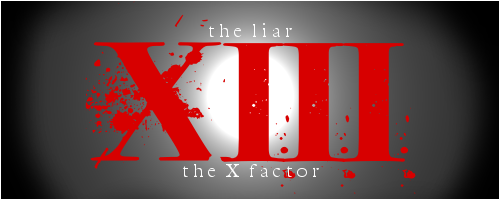“The Revolution: A Manifesto” by Ron Paul
As a general rule I don't read books written by living politicians. This aversion developed from reading one too many insipid, illogical, political “biography”. This principle has served me well for several years, so I am sure you can imagine my misgivings toward the idea of reading this particular manifesto. Research into Ron Paul's ideas, however, eventually won me over. Wikipedia's article on him seemed to highlight Paul's strange political ideas and noted that he frequently disagreed with both main political parties (which always a good sign). My curiosity was piqued further when the article mentioned that Ron Paul was heavily influenced by Libertarian philosophy – an area of politics which I had long wanted to read about. Sufficiently curious, I ordered his book from the library and prepared myself for the worst.
The first thing that stood out to me was that Ron Paul's book had an overwhelming focus on ideas. This stands in sharp relief to the autobiographies that are usually churned out
en masse by politicians. Each chapter of the book focuses on an issue important to politics (economics, foreign policy, etc.) and makes a strong case for Ron Paul's particular view on each (incidently, his views aligned astonishingly close with my own). Another thing that surprised me was Ron Paul's recommended reading list. What is this?! A politician encouraging the people to become better informed? Who would have thought of it? Most impressive of all, however, is Ron Paul's constant quoting of the Founding Fathers and previous presidents (especially Thomas Jefferson). He seems to have done his homework when it comes to their ideas.
Despite these strengths, the Manifesto is not without its faults. As with many political books, a certain amount of opponent bashing is supplied, although it is almost entirely ideologically based rather than party based. Additionally, Ron Paul provides almost no citations whatsoever. Considering the constant quotations and references to previous law cases, the absence of proper citation seems quite conspicuous. Finally, the book is entirely one sided. Be forewarned that its purpose is to allow new (or rather old) political ideas to see the light of day once more. It does not offer anything close to a balanced viewpoint.
If you can handle a little political posturing and don't mind putting a little effort into researching his positions, I would highly recommend this book and the ideas contained therein as a solid alternative to both the Republican and the Democratic party. 9/10
uc pseudonym wrote:5) This is perhaps the first book I've read that idealizes an abusive and manipulative stalker.
And he is a hundred year old stalker at that.



 :)
:)















